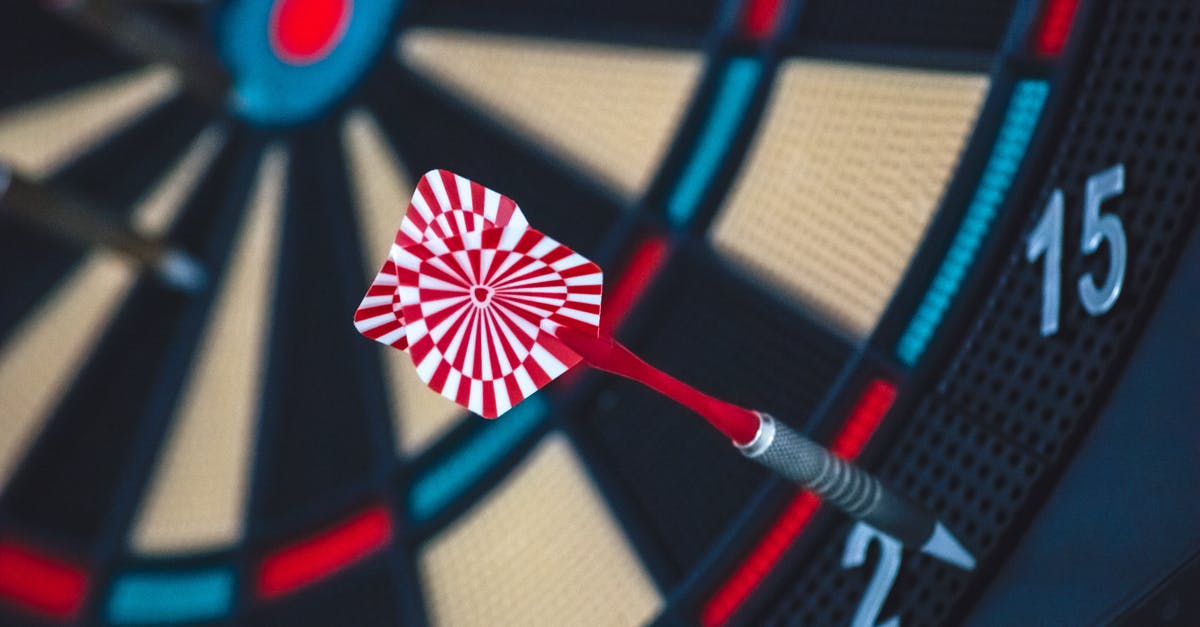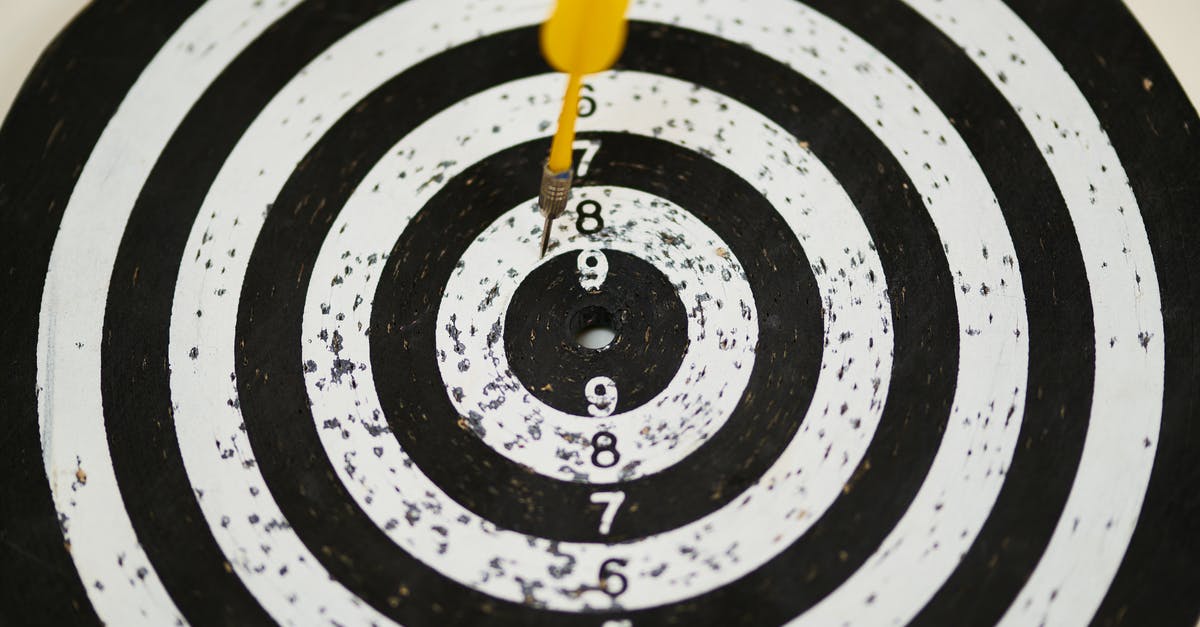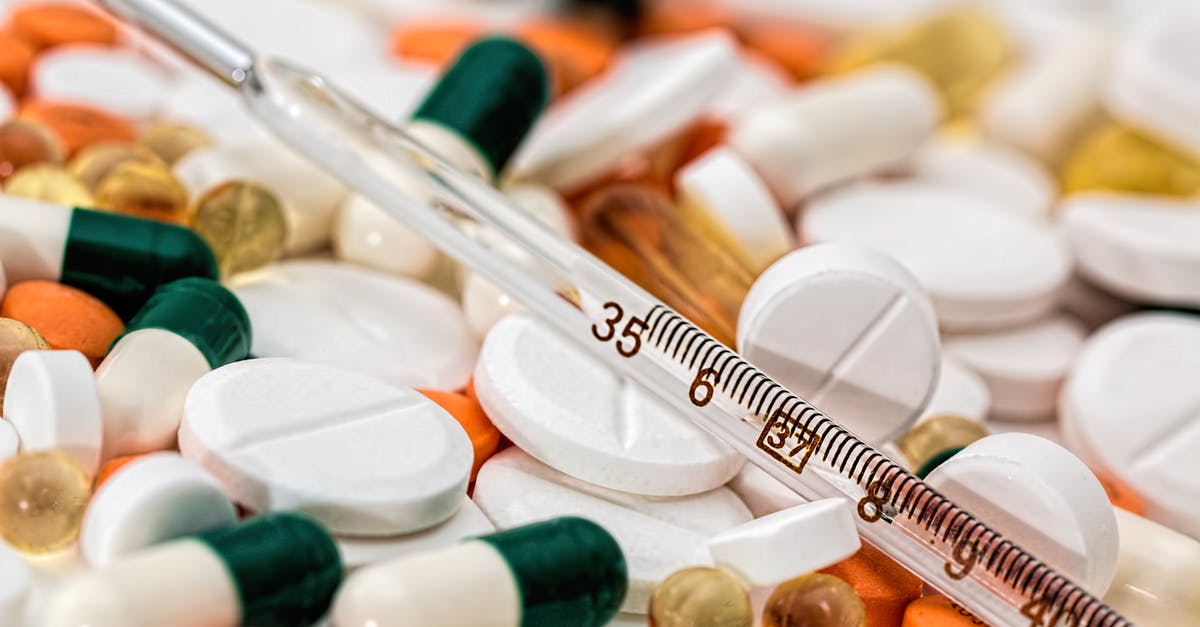How accurate should a thermometer be?

One week ago I sent an inquiry about why a digital thermometer seems to have a bigger temperature difference, as compared to a previous, more accurate, thermometer.
However one of their support staff replied: "We have an overall 4 degree tolerance so that is considered accurate."
I then replied by giving an example of forecast.
"If the forecast says the highest temperature will be 20°C tomorrow but it turns out to be 24°C, then would that be considered as accurate?"
(I did not mention anything about back yard or if the forecast must be very accurate close to where I live.)
Then the staff replied as below.
"If the temperature reading is within 4 degrees of one of our products, or a mercury thermometer, it would be considered accurate. Please keep in mind, your local forecast is not always going to be what the temperature is in your back yard. That could be taken miles from your house. For example, I live a mile away from the air port and my temperature is always about 7-10 degrees different than what they have."
If that is the case, I am wondering if anyone would want to watch such a forecast that has 7-10 degree difference than where they live.
If I place the thermometer in the refrigerator and it measures 4°C, but it is actually 4°C less than the actual temperature, then would the foods not become rotten when the actual temperature is 8°C?
Please provide some opinions about how accurate a thermometer should be, and also about the example of forecast.
Best Answer
If they provide the tolerance, and the product measures within that tolerance, it is an accurate tool according to the manufacturer. There is always some error...or potential error... in any type of measurement. To me, the most important thing here is that the manufacturer has provided you with the tolerance of their product; that is, + or - 4C. For most cooking purposes (perhaps with the exception of sous vide cooking, more on that in a minute), this type of variability is probably not that problematic. You could, of course, calibrate it with boiling water to see where your particular unit falls. Then, proceed from there. Having the tolerance allows you to decide to be ok with a product, or search for one that is more precise. Back to sous vide, and by way of example...my immersion circulator has a tolerance of + or - 0.1C. In this case, however, precision is much more critical. On the other hand, my oven fluctuates by 25 to 50 degrees F. In the end, you will have to decide if the tolerance is appropriate for your use. That is, how precise of a tool do you actually need? The weather example is not really helpful, as it is more about prediction than measurement.
Pictures about "How accurate should a thermometer be?"



Quick Answer about "How accurate should a thermometer be?"
Most thermometers claim to be accurate within 0.1–0.3°C. But our team of experts found that some personal thermometers can be off by as much as 0.83°C, meaning that a healthy temperature of say, 37.4°C could be misread as a fever of 38.2°C, causing unnecessary alarm and even unwarranted trips to the emergency room.How can I tell if my thermometer is accurate?
Insert the thermometer stem at least an inch deep in the ice water without letting the stem touch the glass. Wait for the thermometer to register; this usually takes a minute or less. The thermometer is accurate if it registers 32\xb0 F or 0\xb0 C. (My three thermometers are within 1 degree of accuracy at this end.)How accurate is a digital thermometer?
For digital stick thermometers, accuracy is required to \xb1 0.2\xb0F or 0.1\xb0C (when tested on a water bath), within the range of 98\xb0F and 102.0\xb0F.How accurate is the average thermometer?
Medical research hasn't determined an exact correlation between oral, rectal, ear, armpit, and forehead temperature measurements. Generally, the correlation of temperature results are as follows: The average normal oral temperature is 37\xb0C (98.6\xb0F).Can a digital thermometer be wrong?
The FDA writes that a draft, direct sunlight, or a radiant heat source could affect the temperature reading and make it inaccurate. The reading could also be inaccurate if a person has been wearing a head wrap or headband before taking it or if they have sweat or dirt on their forehead.Thermometer Accuracy Test | Infrared Thermometer vs Digital Thermometer 🔥
Sources: Stack Exchange - This article follows the attribution requirements of Stack Exchange and is licensed under CC BY-SA 3.0.
Images: Pixabay, Engin Akyurt, Aphiwat chuangchoem, Pixabay
